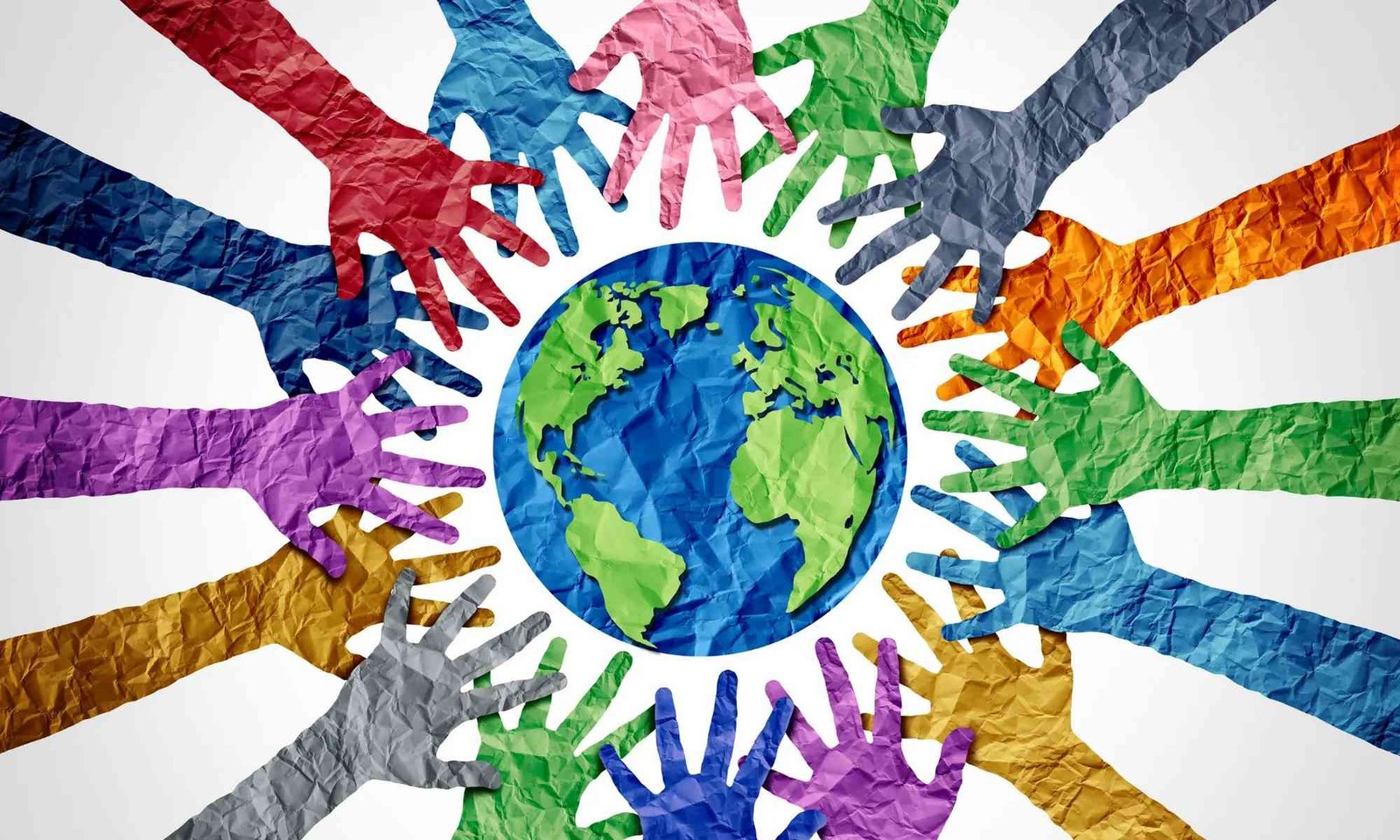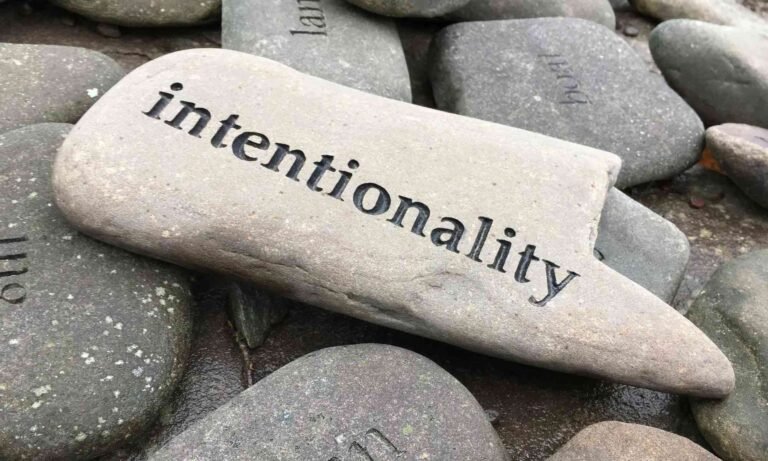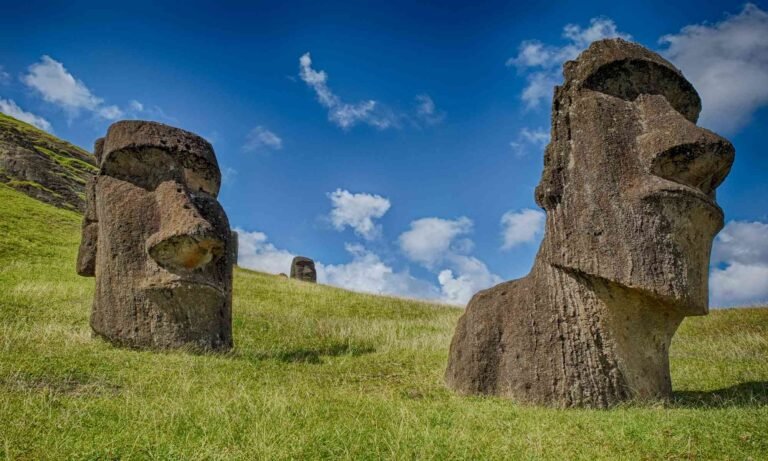Global citizenship is an evolving concept that reflects an individual’s sense of responsibility and belonging to a worldwide community, rather than merely to a specific nation or locality. The core principles of global citizenship encompass a shared commitment to human rights, social justice, and cultural diversity. These principles emphasize the importance of recognizing that all individuals, regardless of their geographical location, inhabit a common globe, where their actions can have far-reaching effects on others.
At the heart of global citizenship lies the idea that everyone has rights and responsibilities that transcend national boundaries. This understanding compels individuals to adopt a more inclusive perspective that fosters empathy and solidarity with others, particularly those experiencing social, environmental, or economic challenges. A global citizen actively engages with issues affecting humanity – such as poverty, climate change, and inequality – recognizing the interconnectedness of these problems. They understand that solutions must be cooperative and collaborative, often requiring cross-border teamwork and dialogue.
Moreover, global citizenship promotes the appreciation of diverse cultures and traditions, encouraging a dialogue that leads to mutual understanding and respect. By acknowledging the richness of different perspectives, global citizens can better appreciate the complexities that shape our world. This cultural awareness enables the recognition of shared human values, uniting individuals in their pursuit of peace and justice. Enhancing one’s global conscience ultimately cultivates a sense of social responsibility, urging individuals to act not only in their community’s best interest but also for the broader global community.
In a world where globalization increasingly affects economic, social, and environmental dynamics, understanding global citizenship’s core principles is essential. It emphasizes connectedness, respect, and collaboration, fostering a more just and harmonious world.
“Don’t ever forget that you’re a citizen of this world, and there are things you can do to lift the human spirit, things that are easy, things that are free, things that you can do every day: Civility, respect, kindness, character.”
– Aaron Sorkin
The Importance of Global Citizenship
In an increasingly interconnected world, the concept of global citizenship has emerged as a crucial component for fostering understanding and cooperation among diverse populations. Global citizenship promotes the idea that all individuals belong to a global community, transcending geographical boundaries and cultural differences. As globalization accelerates, it brings about significant changes to our social fabric, highlighting the importance of a unified approach in tackling pressing global issues.
The rise of multicultural societies further underscores the necessity of global citizenship. As people migrate and cultures intermingle, the ability to understand and appreciate diverse perspectives becomes vital. This cultural amalgamation cultivates empathy, allowing individuals to connect with one another on a human level, regardless of their backgrounds. Encouraging global citizenship fosters respect for cultural diversity, thereby strengthening social cohesion and reducing tensions that may arise from xenophobia or misunderstanding.
Moreover, the urgency of addressing global issues such as climate change, inequality, and conflict cannot be overstated. Collective action is essential in confronting these challenges, and global citizenship promotes collaboration among countries, institutions, and individuals. By understanding our shared responsibilities towards the planet and each other, citizens are empowered to contribute to sustainable solutions. Educating people about their role as global citizens can enhance their engagement in civic activities, foster responsible consumption, and motivate them to advocate for policies that address critical issues.
In essence, global citizenship is not merely a theoretical construct; it represents a practical approach to enhancing empathy, encouraging collaboration, and developing innovative solutions on a worldwide scale. By embracing this mindset, individuals can play a significant role in creating a just and sustainable future for all, thereby affirming the paramount importance of global citizenship in today’s society.
Benefits of Embracing Global Citizenship
Adopting a global citizenship mindset offers numerous advantages that extend beyond individual interests, fostering a deeper understanding of the world and its diverse cultures.
- One significant benefit is the enhancement of critical thinking skills. By engaging with different perspectives, individuals are encouraged to challenge their preconceptions, analyze issues more rigorously, and develop well-rounded viewpoints. This critical engagement prepares people to navigate complex global challenges as they become adept at considering various factors that influence local and international relations.
- Furthermore, embracing global citizenship is a powerful means to promote tolerance and understanding. When individuals interact with diverse communities, they cultivate empathy and respect for cultures different from their own. This exposure not only lessens prejudice but also aids in dismantling stereotypes, ultimately fostering a more inclusive society. In educational settings, this multicultural engagement enriches learning experiences, as students and educators alike become more open to embracing global perspectives that enhance classroom discussions.
- Additionally, the pursuit of global citizenship equips individuals with crucial skills needed for success in the competitive global market. In today’s interconnected economy, employers seek candidates with cultural competence, adaptability, and a global outlook. Engaging with international issues and diverse cultures equips individuals with the soft skills – such as communication, collaboration, and problem-solving – that are highly valued in various professional fields. This holistic approach to education not only enhances career prospects but also contributes to personal growth and fulfillment.
By participating in global citizenship initiatives, individuals gain opportunities to contribute meaningfully to the communities they encounter. Such interactions foster deeper connections with others while providing unique experiences that enrich one’s life. Overall, the benefits associated with embracing a global citizenship mindset are manifold, impacting personal, social, and professional spheres positively.
Challenges of Practicing Global Citizenship
While the ideals of global citizenship are both compelling and aspirational, implementing them can be complex and fraught with obstacles. Individuals and institutions encounter numerous challenges that can limit or complicate efforts to cultivate a globally conscious mindset.
- Political and ideological barriers often hinder progress. Governments tend to prioritize national interests, which may conflict with the inclusive values promoted by global citizenship. Policies surrounding immigration, trade, and foreign aid can be shaped by nationalist or protectionist sentiments, making cross-border collaboration more difficult. In addition, ideological differences between countries can lead to friction that impedes cooperation on shared global concerns.
- Economic disparities present another significant challenge. Many individuals around the world lack access to resources and platforms that would enable them to engage meaningfully with global issues. Without equitable educational and economic opportunities, participation in international initiatives can remain the privilege of a few, leaving marginalized voices underrepresented in global decision-making.
- Educational gaps are also a major concern. Not all educational systems emphasize global awareness or civic responsibility beyond national borders. Without exposure to issues such as sustainability, human rights, and cultural appreciation, individuals may remain unaware of their potential roles within the international community.
- The digital divide and spread of misinformation further complicate the situation. While technology has the potential to connect people across borders, uneven access to digital tools isolates certain populations. Moreover, the proliferation of misleading information online can distort perceptions of other cultures and nations, eroding trust and fostering division.
- Psychological resistance and cultural bias can also limit engagement. Even when opportunities to connect globally exist, deeply ingrained beliefs or fear of unfamiliar customs can prevent individuals from embracing the diverse perspectives essential to global citizenship. Overcoming such biases requires self-awareness, empathy, and continuous learning.
Despite these challenges, the pursuit of global citizenship remains vital. By acknowledging and addressing these barriers, individuals and institutions can work toward building a more inclusive and cooperative global society. This journey calls for resilience, commitment, and an unwavering belief in the power of shared humanity.
How to Become a Global Citizen
Embracing global citizenship entails a proactive approach to understanding and participating in the broader world. By actively participating in these practices, individuals can contribute significantly to creating a more interconnected and compassionate world.
- To begin this journey, individuals can engage in their local communities by volunteering for organizations that support international causes. This hands-on experience nurtures empathy and broadens one’s perspective on global issues. Participation in community events that promote diversity and inclusion can also facilitate cultural understanding and appreciation.
- Education plays a crucial role in becoming a global citizen. Individuals are encouraged to pursue resources that cover a wide array of global topics, including environmental sustainability, human rights, and economic inequalities. Online platforms offer a wealth of information, ranging from free courses to interactive webinars that address pressing global challenges. Staying informed about current events and understanding the interconnectedness of local and global issues is essential.
- Supporting international initiatives is another significant step towards global citizenship. This can involve contributing to organizations that work on issues such as poverty alleviation, education, and climate change. Individuals can make a difference by participating in campaigns and donating time or resources to these causes. Moreover, connecting with international communities through social media or local groups can enhance understanding of diverse perspectives and cultures.
- Fostering cultural exchange is instrumental in shaping a global citizen. Individuals can engage in language learning, attend cultural festivals, or participate in exchange programs that provide firsthand exposure to different lifestyles and traditions. Such experiences not only enhance one’s adaptability but also encourage lifelong learning—an essential component of effective global citizenship.
What’s More
The posts in My Blog feature reflective, story-driven pieces rooted in personal and societal insights.
The topics in My Interests explore abstract, philosophical ideas and their cultural and societal impact.
👁️ 7,563 Views















